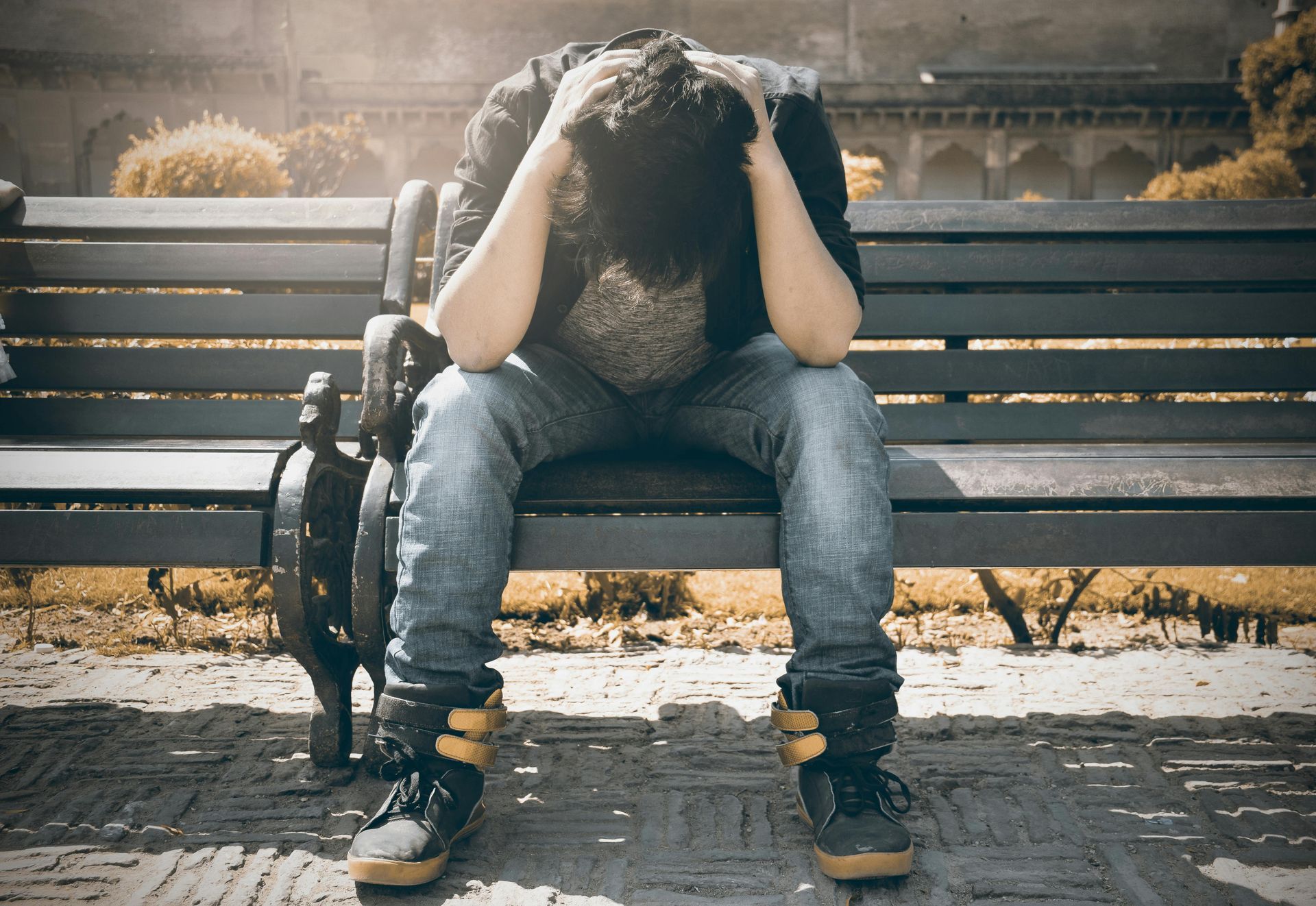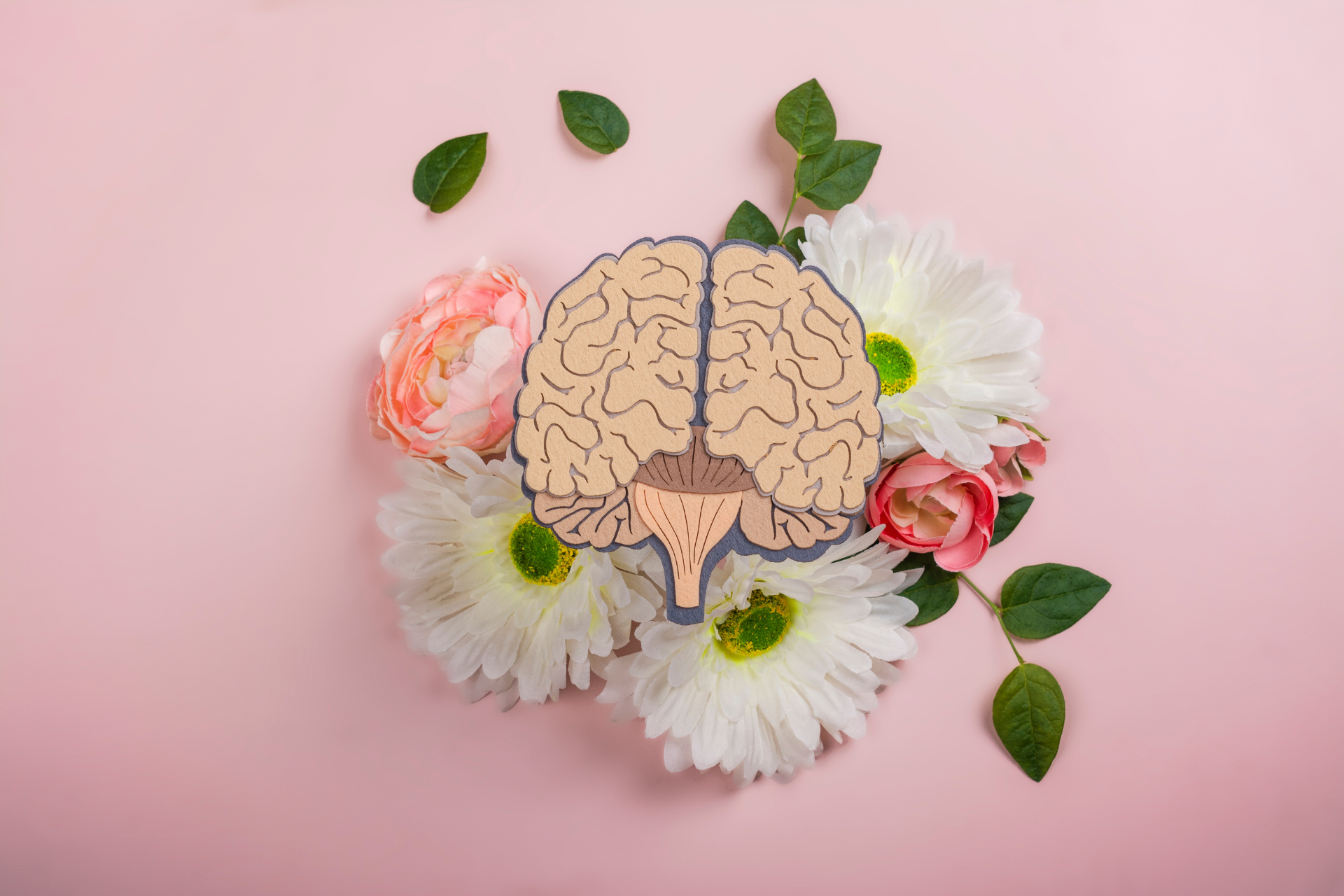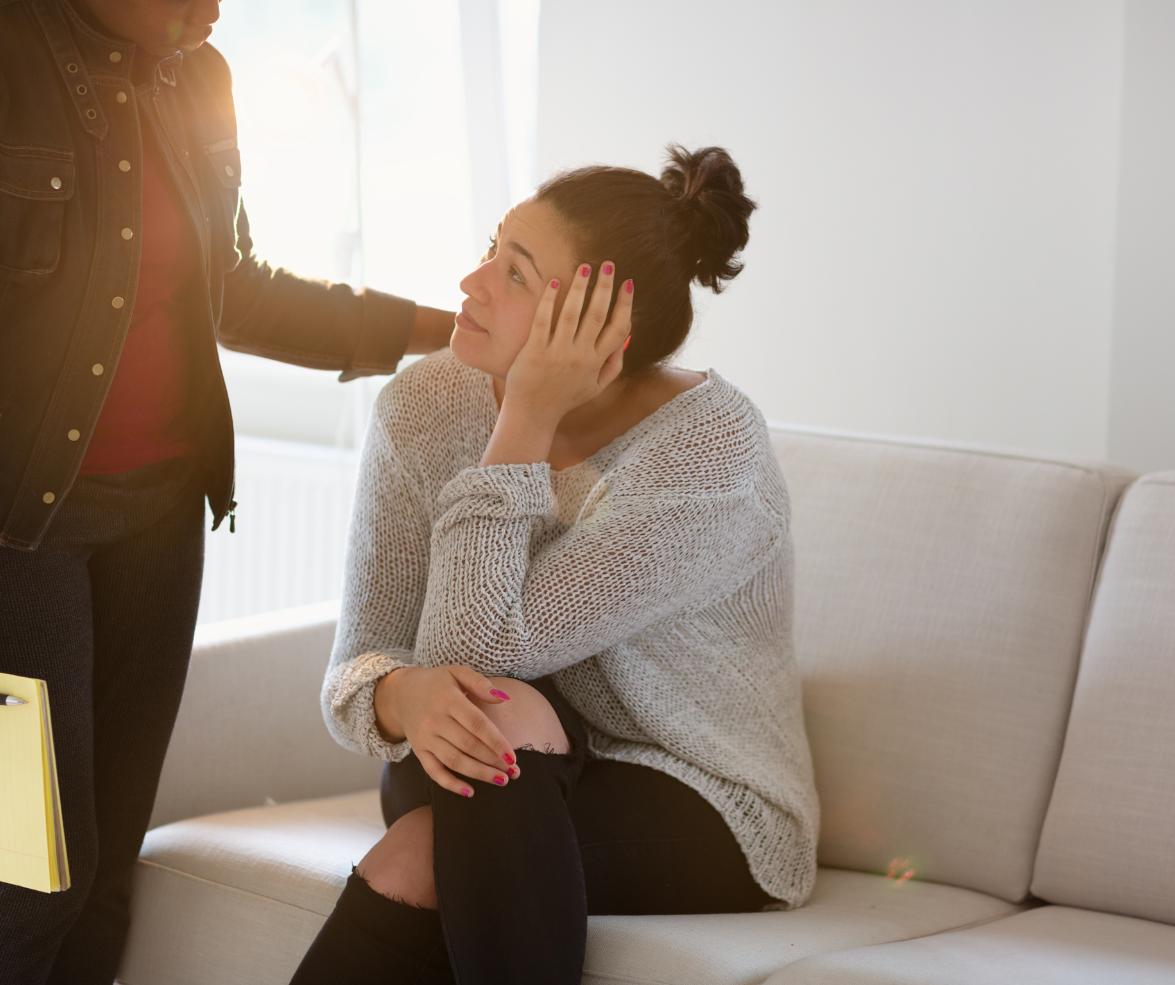Service with a Purpose: Discovering Fulfilling Volunteer Opportunities in Austin
At Friends of ASH, we believe that service meets purpose and passion ignites change. Austin, Texas, known for its vibrant culture, rich history, and diverse community, offers many different types of volunteer opportunities that not only make a difference but also enrich the lives of those who serve. Whether you're a local resident or a newcomer to the city, there are countless ways to get involved and give back to the community.
Why Volunteer in Austin?
Austin embodies the spirit of volunteerism and community engagement. From its bustling downtown to its serene parks and neighborhoods, the city thrives on the contributions of its volunteers. There's a sense of camaraderie and solidarity among Austinites, as they come together to address pressing social issues and support those in need.
Volunteering in Austin provides a unique opportunity to connect with people from diverse backgrounds, learn about different cultures, and contribute to causes that resonate with your values. Whether you're passionate about education, mental health, healthcare, environmental conservation, or social justice, there's a place for you to make a meaningful impact in Austin.
Volunteer Opportunities at Austin State Hospital
Friends of ASH in Austin, Texas is dedicated to supporting the mental health and well-being of individuals in our community. As a volunteer, you have the opportunity to make a difference in the lives of patients and their families by providing compassionate support, companionship, and advocacy.
- Patient Companionship: Spend quality time with patients, engage in meaningful conversations, and participate in recreational activities to brighten their day and foster a sense of belonging.
- Special Events: Assist with organizing and facilitating special events and activities for patients, such as holiday celebrations, art workshops, and music therapy sessions.
- Advocacy and Outreach: Raise awareness about mental health issues, participate in advocacy campaigns, and engage with community stakeholders to promote understanding and support for individuals living with mental illness.
- Donate opportunities:
Donate supplies for creative expression or recreational therapy. You can also donate fun activities through gift cards or coordinating to bring an activity to the campus.
Beyond the Hospital Walls: Volunteer Opportunities in Austin
While volunteering at Austin State Hospital offers a unique and fulfilling experience, there are countless other organizations and initiatives in Austin that rely on the dedication and commitment of volunteers. Here are just a few examples:
- Austin Pets Alive!: Help save the lives of homeless pets by volunteering at Austin Pets Alive!, a nonprofit organization dedicated to providing shelter, medical care, and adoption services for animals in need.
- Central Texas Food Bank: Join the fight against hunger by volunteering at the Central Texas Food Bank, where you can sort and pack food donations, assist with distribution efforts, and participate in community outreach programs.
- Austin Habitat for Humanity: Roll up your sleeves and make a difference in the lives of families in need by volunteering with Austin Habitat for Humanity, a nonprofit organization that builds and renovates affordable housing for low-income families.
- Keep Austin Beautiful: Contribute to the preservation and beautification of Austin's natural environment by volunteering with Keep Austin Beautiful, an organization that coordinates clean-up events, tree plantings, and environmental education programs.
How to Get Involved
Getting involved in volunteer work in Austin is easier than you might think. Here are some steps you can take to explore volunteer opportunities and find the perfect fit for your interests and schedule:
- Research Organizations: Take the time to research local nonprofits, community groups, and charitable organizations that align with your interests and values. Visit their websites, attend informational sessions, and reach out to staff members to learn more about their volunteer programs.
- Attend Volunteer Fairs: Keep an eye out for volunteer fairs and community events where you can connect with a variety of organizations in one place. These events are a great opportunity to learn about different volunteer opportunities and meet like-minded individuals who share your passion for service.
- Reach Out: Don't hesitate to reach out directly to organizations that interest you to inquire about volunteer opportunities. Many nonprofits rely on the support of volunteers and are eager to welcome new members to their team.
- Start Small: If you're new to volunteering or unsure where to begin, start small by committing to a few hours of service each week or month. As you gain experience and confidence, you can explore additional opportunities and expand your impact.
Volunteering is a powerful way to connect with your community, make a difference in the lives of others, and cultivate a sense of purpose and fulfillment. Whether you choose to volunteer at Austin State Hospital or explore other opportunities in the city, your contributions have the power to create positive change and inspire others to do the same.
As you embark on your volunteering journey in Austin, remember that every act of kindness, no matter how small, has the potential to make a meaningful impact. Together, we can build a stronger, more compassionate community where everyone has the opportunity to thrive.
Friends of Austin State Hospital is a dedicated nonprofit organization committed to supporting the mental health and well-being of individuals served by Austin State Hospital. They work tirelessly to advocate for improved services, resources, and opportunities for patients and their families. Through their advocacy efforts and community engagement initiatives, Friends of Austin State Hospital plays a crucial role in raising awareness and promoting positive change in the field of mental health care.
Thank you for considering volunteering with the Friends of ASH Your service matters, and together, we can make a difference in the lives of those we serve. To learn more about who we are and what opportunities may be for you, visit our website at
https://www.friendsofash.org/.

All Rights Reserved | Friends of Austin State Hospital
Website by EGS Marketing Solutions
All Rights Reserved | Friends of Austin State Hospital
Website by EGS Marketing Solutions
All Rights Reserved | Friends of Austin State Hospital










